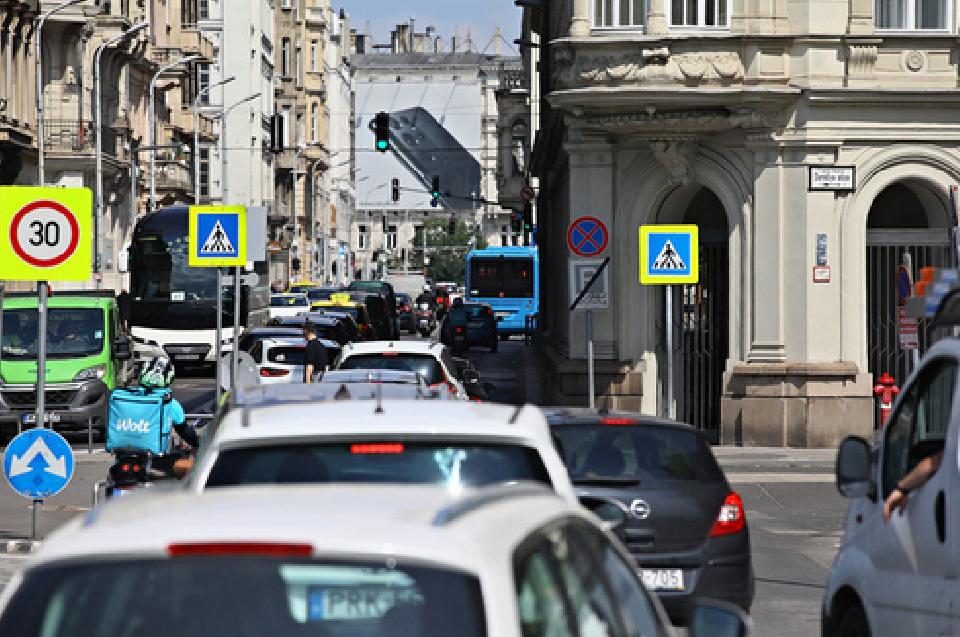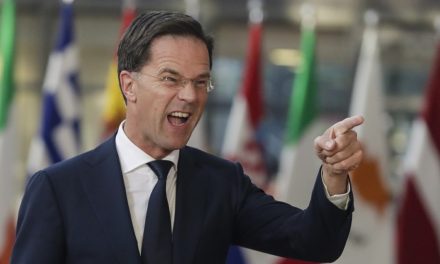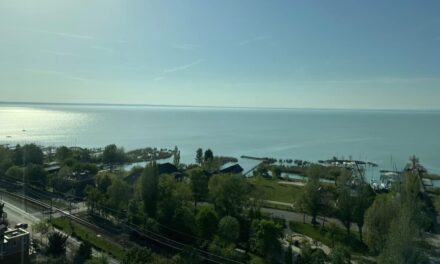Foreword: when we assume that Karácsony is pushing for the introduction of traffic jams, which is why he is ruining Budapest's traffic, then we are actually as good with him as a father is with his stupid son.
If we did not assume this about him, then we would have to think that he is not only an untalented amateur, but also has no sense of city management and only hangs on Gyurcsány's (money) breasts (provided but not allowed) until he is dropped from there. After that, let's see what Magyar Hírlap wrote.
Századvég found out how the people of Budapest feel about Gergely Karácsony's transport-related performance as city manager.
The struggle of the Metropolitan Municipality against traffic jams is a failure
As Századvég's analysis pointed out, more than three-quarters of those surveyed in the capital consider traffic jams (82 percent) and, in this context, air pollution (80 percent) to be worrying. These two problems worry the residents of the capital the most.
It is interesting that, on the other hand, 61 percent of Budapest residents did not express any negative criticism regarding the transport options for cyclists. It is therefore clearly visible that the mayor's efforts to expand bicycle traffic on high-traffic highways do not meet the needs of the citizens of the capital, that the local citizens are interested in thoughtfully improving car and bicycle travel and not in pitting individual groups of commuters against each other.
This image is reinforced by the fact that, according to Századvég's research, more than two-thirds (68 percent) of Budapest respondents are dissatisfied with the work of Gergely Karácsony, who cherishes the ambitions of prime minister, in the fight against traffic jams, while 26 percent of them positively evaluate the performance of the mayor in this area.
Rejection also surrounds bicycle paths built at the expense of car lanes. It is indisputable that in some cases cycling can be a suitable alternative to other modes of transport, thus forming an integral part of the life of the citizens of Budapest. However, it must be emphasized that the organization of transportation in a large city is an extremely complex task that requires the simultaneous consideration and coordination of several aspects. As a result, single-focus transport organization - which unilaterally favors a form of travel for political reasons - inevitably leads to the creation of significant traffic disruptions.
It can be concluded that more than half of the respondents (56 percent) do not agree with the fact that the left-wing leadership of the Capital City Municipality created bicycle lanes on high-traffic roads at the expense of those traveling by car.
In addition, 61 percent of Budapest respondents complain that the flower bed at the Clark Ádám tér roundabout at the Lánchíd bridgehead in Buda was paved over and a bicycle path was established instead. These numbers also show that the majority of the citizens of the capital do not support the confrontation of cyclists and motorists for political purposes and the spectacular breaking of "green" campaign promises.
Afterword: dear non-government motorists! You didn't vote for that, did you?












